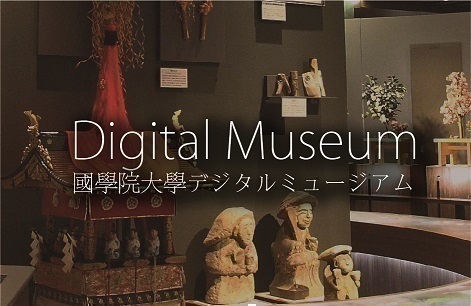- トップ
- Encyclopedia of Shinto
- Imikotoba
Encyclopedia of Shinto
| Main Menu: | |
| Links: |
詳細表示 (Complete Article)
| カテゴリー1: | 7. Concepts and Doctrines |
|---|---|
| カテゴリー2: | Basic Terms |
| Title | Imikotoba |
| Text | Taboo words. Special words used by people performing kami rituals, and by those attending them, in the Imperial Palace or in shrines. People used imikotoba for the duration of the ritual in the place where it was being performed in order to preserve the purity of the rite by avoiding certain everyday words. Words concerning death and Buddhism were particularly abhorred. The taboo words associated with the saigū (Chief Priestess) of the Grand Shrine of Ise (Ise Jingū) are listed below. Taboo words associated with things such as the mountains, fishing, the New Year and night, were also found among ordinary people. They were very important to those who lived conscious of the everyday existence of kami and spirits. Certain of these, such as atarime (for dried squid, surume) and etekō (for monkey, saru, whose homophone means "depart" and is used as a euphemism for death, and therefore is inauspicious) have entered everyday speech. According to the Engishiki, the taboo words of the Chief Priestess of Ise (saigū) were: 1. Inner seven (related to Buddhism) buddha(s): nakago ("middle child," i.e. seated in the center of the worship hall) sutra: somekami ("dyed paper;" originally printed on yellow paper) pagoda: araraki (Japanese pronunciation of the Chinese-based word, also pronounced araragi) temple: kawarafuki ("tiled," as in "tiled roof," also pronounced kawarabuki) monk: kaminaka ("long-haired," also pronounced kaminaga) nun: mekaminaka ("female long-haired") vegetarian food/abstinence: katashiki ("one tray"). 2. Outer seven (related to non-Buddhist words) death: naoru (to recover) illness: yasumi (to rest) weeping: shiotare ("shedding salt") blood: ase (sweat) to strike: atsu (caress) meat: kusahira (vegetables and mushrooms) grave: tsuchikure (clod of earth). 3. Others Buddhist hall: koritaki ("incense burning") lay Buddhist (ubasoku): tsunohasu ("notch of an arrow," also pronounced tsunohazu). See also Words with a ‘life' of their own — Nishioka Kazuhiko |




